Knowledge isn’t Power. This Is.
I’m the first to admit that dating me is not a walk in the park.
In fact, it’s more like a walk in quicksand. It seems pretty great and then before you know it, shit gets very real and very deep.
See, most of what makes me difficult is my incessant need to be right. I don’t care if we’re debating the merits of $10 smoothies or whether I can run faster than the record holder for walking marathons, I like to win. (Those were both very real arguments I’ve had, by the way).
Admittedly, neither of these topics mattered, yet I fought with such tenacity that you’d think we were arguing about life-or-death concerns. And while I will never run a marathon faster than Yohann Diniz can walk 50km (in 3:32:33), I was fighting to prove more than my “rightness.” I was fighting to assert that I had value. And while I knew that my insecurities came out in crazy ways, I couldn’t help myself. Why?
Knowing you want to change a behavior is not enough to fix it. It takes true awareness.
If knowledge were truly power, then we’d all be able to read a book and excel in every area of our lives. The truth is that knowledge doesn’t mean shit. Awareness and conscious choice are the true drivers of change.
So how do you go from autopilot to conscious choice?
1. Start with your beliefs.
Take a look at the things you hold to be true about yourself, your partner, your life, etc. Do this by completing the following sentences:
- I am ______.
- The world is ______.
- Relationships are ______.
2. Watch how you confirm those beliefs.
As we go through the world, information passes through an internal filter that either deletes, distorts, or generalizes what we perceive. This has positive and negative consequences. Since we’re hardwired to feel safe, we unconsciously try our best to eliminate any information that challenges the safety of certainty. This is true even when (and especially when) our beliefs are negative. For example, when I believed I was not worthy of love, I only saw the negative things people would do. I was only attracted to or attracted men who treated me as though I were unworthy. And when someone good came along, I’d act in a way that forced them to confirm my belief (ex. I’d pick fights and then get upset when he’d pull back.) To change this, you must look at how your beliefs play out from thought to reality, from start to finish.
3. Accept responsibility.
This is usually the part no one likes to hear. To be clear, this does not mean you should blame yourself. Accepting responsibility is THE MOST empowering step because it allows you to take charge of your life. Taking responsibility means not externalizing the events of your life. For example, years ago I dated a man who was a narcissist. Taking responsibility for this does not mean I deserved this or that I condone his behaviors. It means I see how my belief that I was not good enough resulted in my choosing someone who confirmed my fear. When we avoid responsibility, we repeat our mistakes over and over again. Nothing changes until we have the awareness to learn from it. Personally, I’d rather make new mistakes rather than repeat the old ones.
4. Choose the results you want.
This is where the magic happens. One you watch your process with awareness (from belief to outcome) you have the power of choice. True awareness makes it nearly impossible to continue behaviors that don’t serve you. In this step, instead of focusing on the actions to take, focus on the outcomes you want to create.
5. Change your beliefs to change your outcomes.
Changing your beliefs isn’t easy. And it doesn’t come from trying to find evidence to the contrary. Why? Because if you believe something, you’ve amassed evidence to confirm it (See point #2). To change your beliefs, you need to reverse-engineer them. You can do this by choosing the outcome you want and adopting the beliefs that give you what you want. For every outcome, there is a belief that gets you there. Determine the root belief and act as if you were someone who has that belief. For example, someone who has a loving relationship believes that they are deserving of love. What are the actions a person who believes they deserve love take? Are they good at setting boundaries? Do they they prioritize self-care? Are they effective communicators?
Belief + Complementary Actions = Desired Outcome
Beliefs don’t just happen. They take time to develop, whether consciously or unconsciously. When they are examined with awareness, you have the power to create the behaviors, the outcomes, and the life that you desire. And while it may seem like a lot of work to change your beliefs, I ask you this: Are your beliefs doing you any favors? Cause if they aren’t, it’s time to make them work for you instead of against you.

